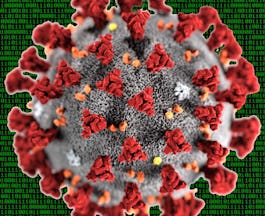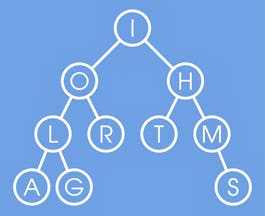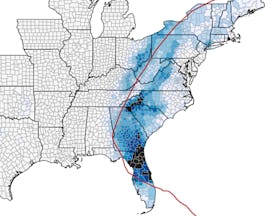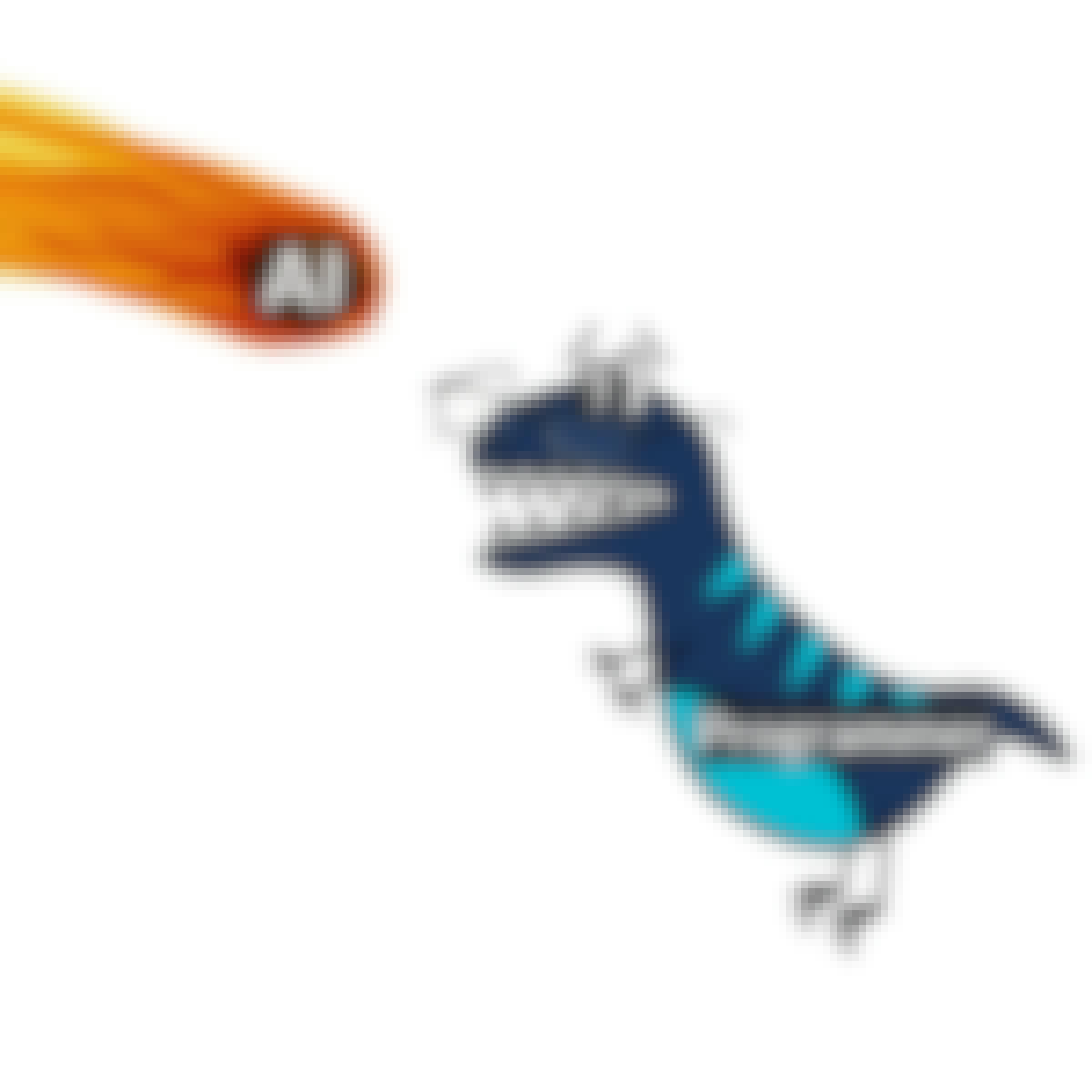Filter by
The language used throughout the course, in both instruction and assessments.
126 results for "bioinformatics"
 Status: Free
Status: FreeUniversity of Copenhagen

University of California San Diego
Skills you'll gain: Bioinformatics

University of California San Diego
Skills you'll gain: Algorithms, Computer Programming, Data Structures

Johns Hopkins University
Skills you'll gain: Bioinformatics, Cloud Computing

Icahn School of Medicine at Mount Sinai
Skills you'll gain: Bioinformatics

Johns Hopkins University
Skills you'll gain: R Programming, Statistical Programming, Data Analysis, Software Engineering, Exploratory Data Analysis, Basic Descriptive Statistics, Data Visualization, Computer Programming
 Status: Free
Status: FreeThe University of Edinburgh
Skills you'll gain: Algorithms, Computer Programming, Problem Solving, Computer Graphics, Creativity, Decision Making, Programming Principles, Computer Programming Tools, Critical Thinking, Other Programming Languages

Icahn School of Medicine at Mount Sinai
Skills you'll gain: Bioinformatics, Probability & Statistics

Fred Hutchinson Cancer Center

Icahn School of Medicine at Mount Sinai

SkillUp EdTech
Skills you'll gain: Software Engineering, Agile Software Development, Computer Programming, Software Engineering Tools, Application Development, Programming Principles, Software Architecture, Communication, Cloud Applications, Computer Architecture, Product Development, Scrum (Software Development), Leadership and Management, Project Management, Business Analysis, Cloud Computing, IBM Cloud, Information Technology, Operating Systems, Operations Management, Python Programming, Risk Management

Stanford University
Skills you'll gain: Data Analysis, Data Mining
Searches related to bioinformatics
In summary, here are 10 of our most popular bioinformatics courses
- Bacteria and Chronic Infections: University of Copenhagen
- Hacking COVID-19 — Course 1: Identifying a Deadly Pathogen: University of California San Diego
- Genome Assembly Programming Challenge: University of California San Diego
- Computing for Cancer Informatics: Johns Hopkins University
- Network Analysis in Systems Biology: Icahn School of Medicine at Mount Sinai
- Mastering Software Development in R: Johns Hopkins University
- Code Yourself! An Introduction to Programming: The University of Edinburgh
- Introduction to Systems Biology: Icahn School of Medicine at Mount Sinai
- AI for Efficient Programming: Harnessing the Power of LLMs: Fred Hutchinson Cancer Center
- Integrated Analysis in Systems Biology: Icahn School of Medicine at Mount Sinai










